For beginners, there is a set of criteria to look for when looking for a good broker. Here is the simple guide to recognize a reliable forex broker.
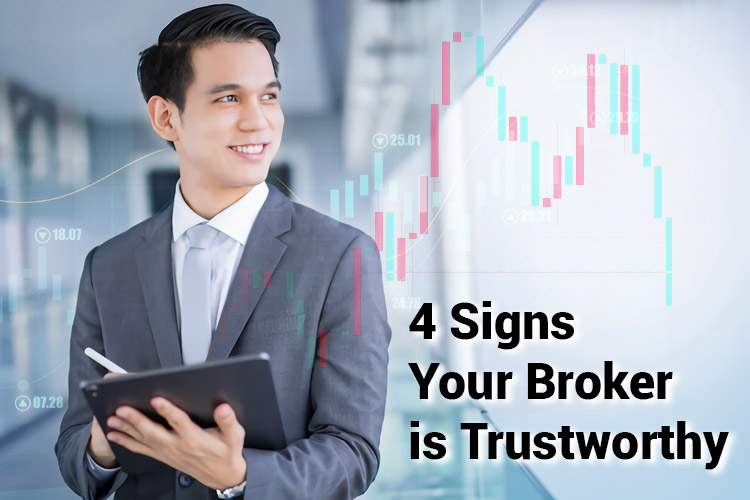
Before you trade, you need to choose a broker and open a trading account. A forex broker is a company that facilitates online trading in exchange for some profit from the difference between the bid and ask prices (forex spread). However, there are currently hundreds of forex brokers in the world, so you need to be careful when choosing one in order to avoid scams and other malicious actions.
So, how to choose a good broker? The easiest answer would be to ask for recommendations from friends who are more experienced in forex trading. But if you don't have one, there is no need to worry.
Here are the key aspects that you need to consider when choosing a broker:
- Clear identity
- Regulated
- Good customer support
- Supportive trading features
Let's discuss them one by one in this article below.
1. Clear Identity
A good broker must have a good track record, starting from when it was established, what company it belongs to, to where the office is located. If a broker's identity is obscured or not easily traceable, it becomes challenging for traders to seek legal remedies or claim compensation in case of fraud, misconduct, or financial mishandling.
Clear identification also helps establish trust and credibility among traders. When a broker has a transparent identity, it provides reassurance to traders that they are dealing with a legitimate and reputable entity. This is crucial in an industry where trust is essential, as traders are entrusting their funds and personal information to the broker.
Usually, a reliable broker would offer a complete set of communication means, including live chat, email, phone calls, and an official address to visit. In contrast, you need to be cautious when you come across a broker that only has a P.O BOX or a fake address. Remember that brokers with strong reputations attract more traders and contribute to long-term success in the highly competitive forex market.
See Also:
Real Case of a Forex Scam with Unclear Identity
A few years back, there was a case of scam originating from the lack of clear identity. Here's the chronology:
Founded in 2007, Forex-Metal was a broker based in Bulgaria that initially appeared to be a viable choice for traders due to its offered benefits and favorable trading conditions. From the outset, Forex-Metal attempted to establish trust with its clients by asserting that it was licensed by the International Financial Services Commission (IFSC), a regulatory body in Belize. Nevertheless, the existence of this license was unclear and could not be verified.
In 2014, traders encountered issues with failed withdrawals, which is often an early indication of fraudulent activities. Apart from withdrawal failures, Forex-Metal's clients also experienced disruptions in the trading platforms and website. In 2016, the FPA (Forex Peace Army) officially declared Forex-Metal as a confirmed scam broker, cautioning traders to avoid it.
2. Regulation Status
It is well-proven that regulated brokers are mostly more reliable than unregulated ones. Regulated brokers refer to brokers that have obtained a license from at least one financial regulator of a certain jurisdiction. This means, the broker is subject to the area's regulation and must comply with the rules set by the authority, reducing the possibility for them to conduct some scheming that compromises their clients' safety.
Each country has a specific set of rules that must be obeyed. For instance, here's the list of some financial regulators in and the list of brokers that you could check out:
- CFTC - List of Forex Brokers Regulated by CFTC
- FCA - List of Forex Brokers Regulated by FCA
- ASIC - List of Forex Brokers Regulated by ASIC
- CySEC - List of Forex Brokers Regulated by CySEC
Usually, a broker would display its regulatory status on its official website. However, it isn't exactly uncommon to find brokers that claim to be regulated in a certain country even though that's not true. This is why you need to do thorough research and check the validity of the statement by visiting the regulator's website.
There's nothing wrong with choosing to use an unregulated broker because being unregulated doesn't always translate to scams. However, it is best to avoid shady forex brokers who are clearly lying regarding their regulatory status because obviously, that's not a sign of a trustworthy service.
Real Case of a Forex Scam with Unclear Regulation
Originally established as Masterforex in 2006 and licensed by the IFSC Belize, MFX Broker underwent a rebranding without renewing its license. In the initial years following its launch, MFX gained popularity among traders worldwide.
However, suspicions started to arise after the rebranding. The status of their license remained "on process," and in 2015, they introduced an unrealistic investment program promising fixed returns ranging from 3% per month to as high as 100% per year.
A year later, the issues with this broker escalated. Traders and IBs (Introducing Brokers) were left unpaid, and the IFSC Belize announced the revocation of MFX's license. Additionally, some traders faced difficulties with withdrawals, leading many to accuse MFX of engaging in scam practices.
The Forex Peace Army (FPA) eventually advises against trading with MFX Broker as it has been proven to be a scam and problematic. Currently, the broker's official website has been taken down, and the company has ceased operations.
3. Good Customer Support
A good forex broker must be able to provide customer support at least five days a week. It's even better if the broker provides variable methods to communicate with their support teams including:
- Phone call
- Fax
- Live chat, and so on.
Live chat in particular can be extremely helpful when we need quick assistance to overcome technical issues when trading.
The quality of customer support can differ from one broker to another, so make sure to test it out before registering. One of the things you could try is to make a list of questions about their service and ask them through one of the available channels. You can then judge how responsive and insightful they are based on their answers.
You might argue that it's expected for pre-sale services to be good and that it doesn't guarantee that the post-sale service will be just as satisfying. However, if you find that a broker has bad customer support even during the pre-sale period, then there is little to no chance that it will get better once you become a customer.
4. Supportive Features
Once you check the previous aspects, it is time to see the actual trading service and facilities that the broker offers. Generally, traders would prefer a broker that provides the following things:
- Low spread – the closer to 0 (zero), the better.
- Leverage – starting from 1:100 leverage. Extremely high leverage can be dangerous for traders because of its high risk, while lower leverage might limit your opportunity.
- Trading platform – the most common trading platform for forex traders is MetaTrader. However, some brokers might provide different platforms in their service. This is fine as long as it operates smoothly, is able to execute orders quickly, is easy to navigate, and has complete technical analysis tools.
- Demo account – it's a free account that can be used to test the broker's platform without having to deposit any real money.
- Withdrawal methods – ranging from the most traditional like bank wire to e-payments like PayPal, Skrill, and Neteller.
The aspects we mentioned above are the basic criteria of a good broker in general, but keep in mind that every forex trader has their own unique needs. Therefore, when choosing a broker, you also need to pay attention to the features that they offer. If they can't provide what you need in terms of your trading system, move on and find another one.
To make your job easier, we have compiled a list of forex brokers for all kinds of traders, so make sure to check that out.

 Dedicated FREE FOREX VPS
Dedicated FREE FOREX VPS Free FOREX Virtual Private Server
Free FOREX Virtual Private Server MT4 Demo Contest, Get $500
MT4 Demo Contest, Get $500 Sign Up for an Account, Claim 60% Deposit Bonus
Sign Up for an Account, Claim 60% Deposit Bonus Free MT4/MT5 VPS 2024
Free MT4/MT5 VPS 2024 Send E-mail and Get Free Merchandise
Send E-mail and Get Free Merchandise $1K Refer a Friend Bonus for Pepperstone Pro clients
$1K Refer a Friend Bonus for Pepperstone Pro clients Maximize Your Earnings with 100% Deposit bonus
Maximize Your Earnings with 100% Deposit bonus Trade to Win, $5,000 Monthly Demo Contest
Trade to Win, $5,000 Monthly Demo Contest Claim 30% + 15% Deposit Bonus from LiteFinance
Claim 30% + 15% Deposit Bonus from LiteFinance

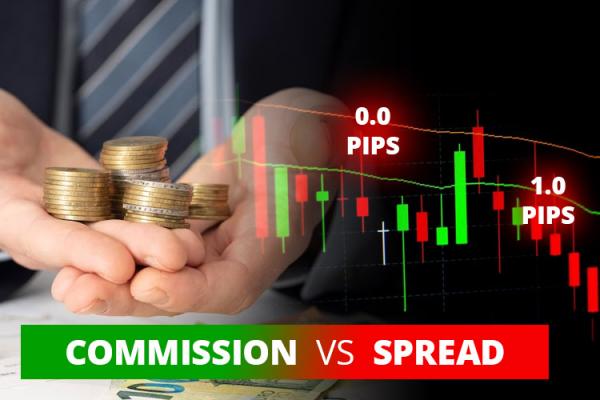
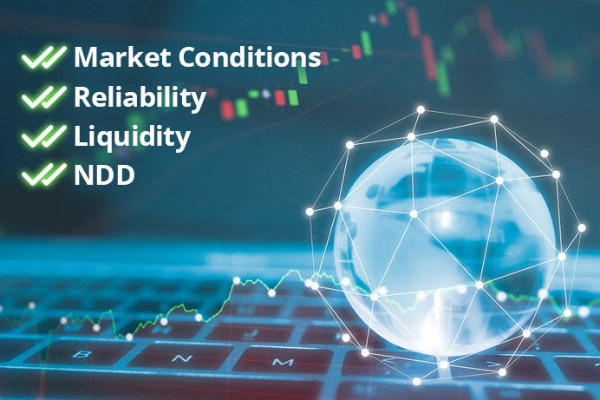
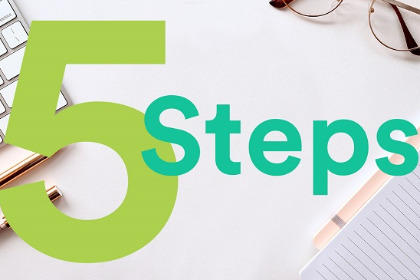
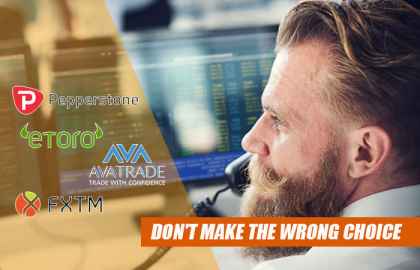
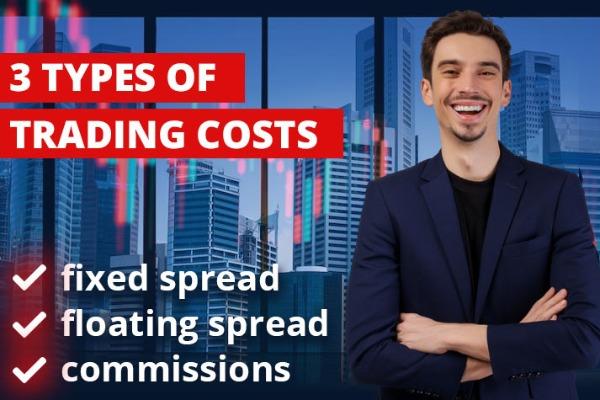
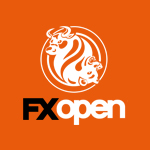
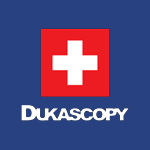
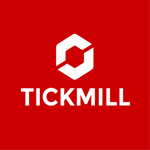

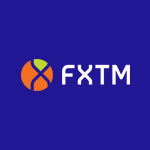

1 Comment
Dimas
May 31 2022
This information is really helpful in ensuring that we are not dealing with a dishonest broker.